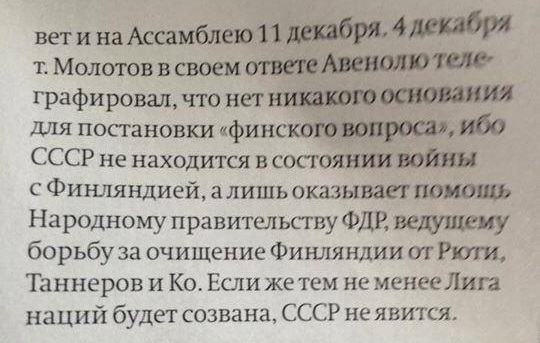History
This excerpt of a Russian newspaper says:

[…] On December 4 {1939}, comrade Molotov has telegraphed to Avenol. In his answer, he stated that there are no reasons for raising "Finnish question", since the USSR is not in war with Finland. Instead, it helps the People's government of FDR (Finnish Democratic Republic) to get rid of Ryti, Tanner, and Co.
If, nevertheless, the LN meeting will be scheduled, the USSR will not attend.
In 1919-1920, the Russia has committed an armed invasion to Emirate of Bukhara, partially occupied its territory to create "Bukharan People's Soviet Republic";
In 1920-1921, the Russia has ignited civil war in Iran to create so-called "Persian Socialist Soviet Republic";
The cases of puppet North Korea and North Vietnam are also self-evident.
Even the war against Afghanistan (1979-1989):
The policy of government has been oriented to build a socialist republic in Afghanistan.
In Russian: Политика правительства была ориентирована на построение в Афганистане социалистической республики.
In the recent history, the Russian propaganda has also self-excused Russian wars against Moldova (1992), Georgia (1991-1992, 2008), and Ukraine (2013-2014) with supporting marionette "Transnistria", "South Ossetia", "Abkhazia", "Donets'k People's Republic", and "Luhans'k People's Republic", respectively.
Pattern
In all cases, I see a pretty strong pattern which assumes
- the creation of a bogus state in a certain region of the target state (Victim);
- whose leaders are:
- represented by Victim's natives;
- fully or partially trained on Russia and then injected back to Victim;
- and whose actions are fully controlled by Russia;
- and whose aim is to be annexed by Russia:
- either by maintaining or omitting a brief period of independence from the Victim state
- with or without setting the final goal of the annexation of the entire Victim state.
Question
I was trying to find any war ignited by the Russia's recent history (under any regime) that has not been backed up with an idea of "supporting" some kind of "People's Republic", but failed to find one.
So, the question is: Has there been any war that the Russia has ignited since WWII ever in its history, that has NOT been self-excused as a support of a newly-created bogus puppet state like "People Republics" we observe throughout the recent history?